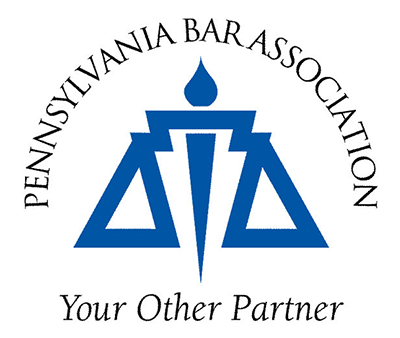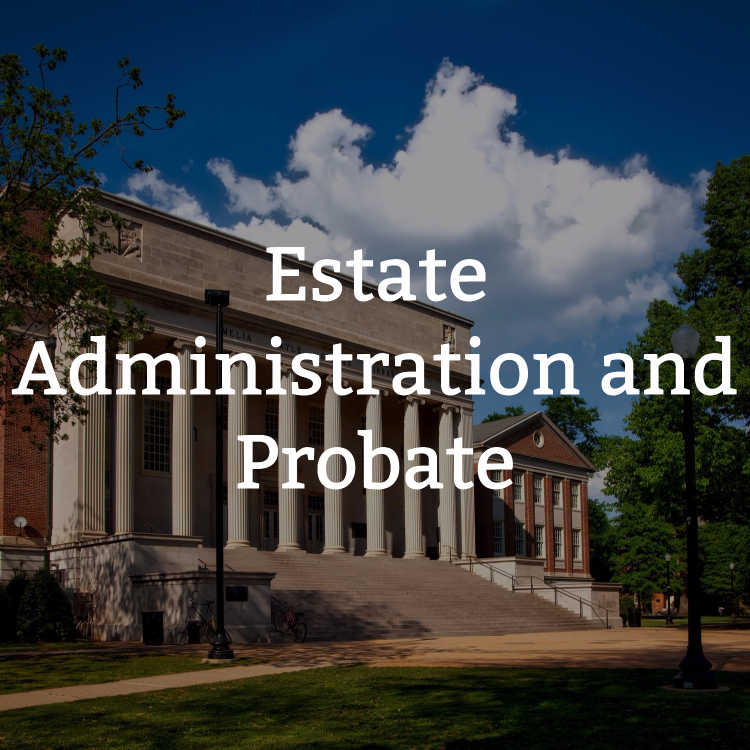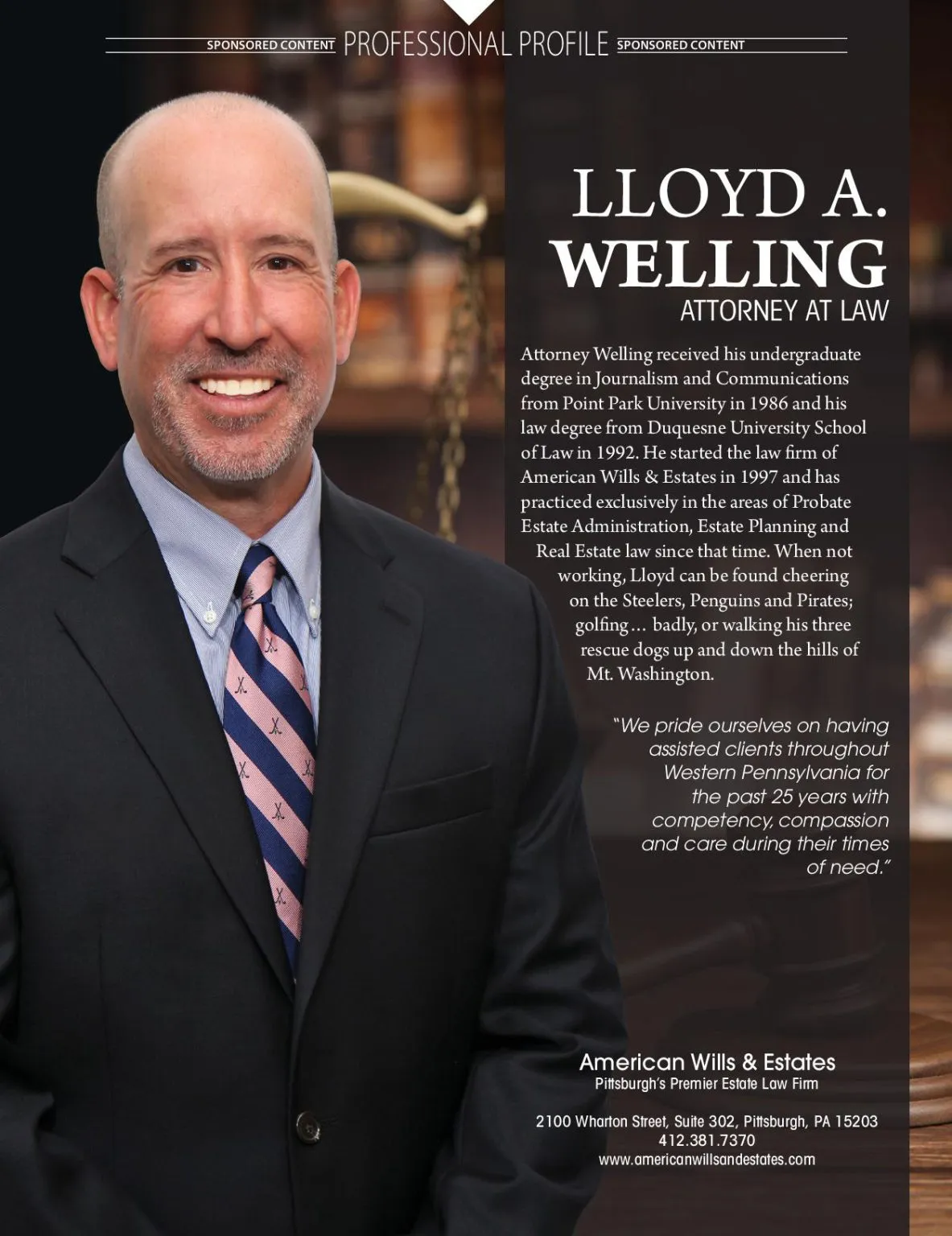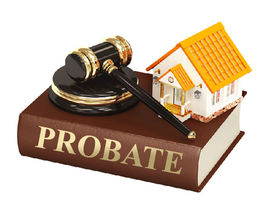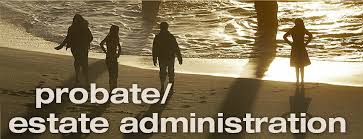A probate attorney is one whose practice is focused on counseling and assisting Personal Representatives (also called Executors or Administrators) through the process of administering a loved one’s estate. In a nutshell, this means managing and settling all of the affairs of the deceased individual and carrying out their final wishes and instructions.
What Exactly Does a Probate Attorney Actually Do?
A probate attorney (also known as an estate lawyer or an estate attorney) is responsible for guiding the Personal Representative of the estate through the probate estate administration process from start to finish. Depending on the size of the estate and the number of beneficiaries involved, this can be either a straightforward matter or one filled with potential complexities and problems.
The Probate Process
The actual process of probate varies from state to state and can differ dramatically depending on the size of the estate and the type of assets that the decedent owned. As such, it’s important to consult with an experienced professional who is familiar and well versed in the probate laws of the jurisdiction where the decedent resided at the time of his or her death.
The Estate Administration Process
The estate administration process can also vary depending on whether or not the decedent had a valid Last Will and Testament. Dying with a valid Will is also known as dying testate while dying without one means the individual died intestate. Likewise, the mere existence of a Last Will and Testament doesn’t necessarily mean that the document valid or that it will be accepted by the local probate court. This is often where an estate attorney’s expertise can really come into play.
Hiring and Estate Attorney
Estate attorneys are also not hired exclusively by the Personal Representative of the estate. They are also often hired by the beneficiaries of the estate to help resolve disputes or disagreements that might arise during the administration process. This can happen when the beneficiaries do not get along with one another or when they might feel that the Personal Representative of the estate is not acting in their best interest. This can also happen when the validity of the Will is challenged or contested. The type of probate attorneys who specialize in these kind of situations are sometimes called estate litigators, probate litigators, or estate and trust litigators.
A skilled and experienced estate attorney should be able assist and advise the Personal Representative with respect each and all of the following estate administration steps:
- Locating, marshalling and securing the estate assets
- Obtaining date of death valuations and appraisals of the estate assets and real estate
- Preparation and filing of all of the typical probate documents and pleadings including, but not limited to, the Petition for Probate, the estate Inventory, advertising notices, notifications to heirs, status reports, family settlement agreements and/or first and final accountings and petitions for distribution
- Assistance with obtaining the distribution of life insurance proceeds, 401(k)s,, IRAs, retirement plans and other investment accounts
- Advising on the payment of the decedent’s final bills and outstanding debts
- Determining if any estate or inheritance taxes will be owed and payable by the estate and, if so, determining where the cash will come from to pay such taxes
- Addressing the final federal and state income tax obligations of the decedent
- Settling disputes, disagreements and arguments among Personal Representatives and beneficiaries
- Assisting with the sale of estate real property
- Obtaining court orders and permission for various actions as required by applicable state statutory probate laws
- Preparing new deeds to retitle the decedent’s real estate into the names of the estate beneficiaries if same is not going to being sold
- Distributing the net residuary assets after the payment of all estate debts, bills and taxes
As you can probably see by now, there is quite a bit more to the whole probate process than may initially meet the eye. At our law firm we are often contacted by clients who have initiated the process on their own only to find out that it’s a bit more complicated than they originally expected. So, if you’ve recently lost a loved one and find yourself responsible for handling the administration of their estate, it might not be a bad idea to consult with an experienced estate lawyer before you jump headlong into the process. If you’d like to learn more about the type of probate services that we provide give us a call today to schedule your free legal consultation or visit us online.








